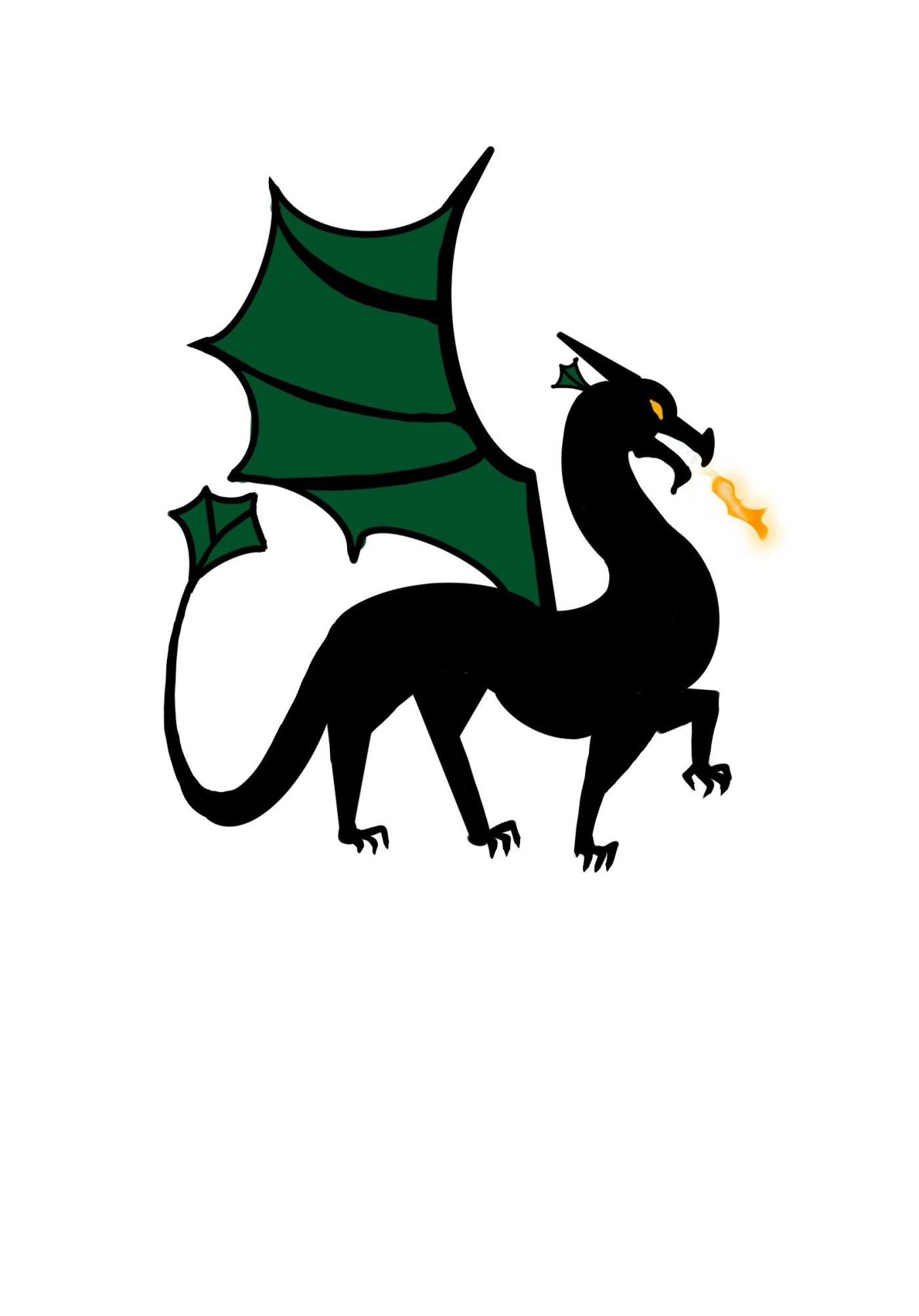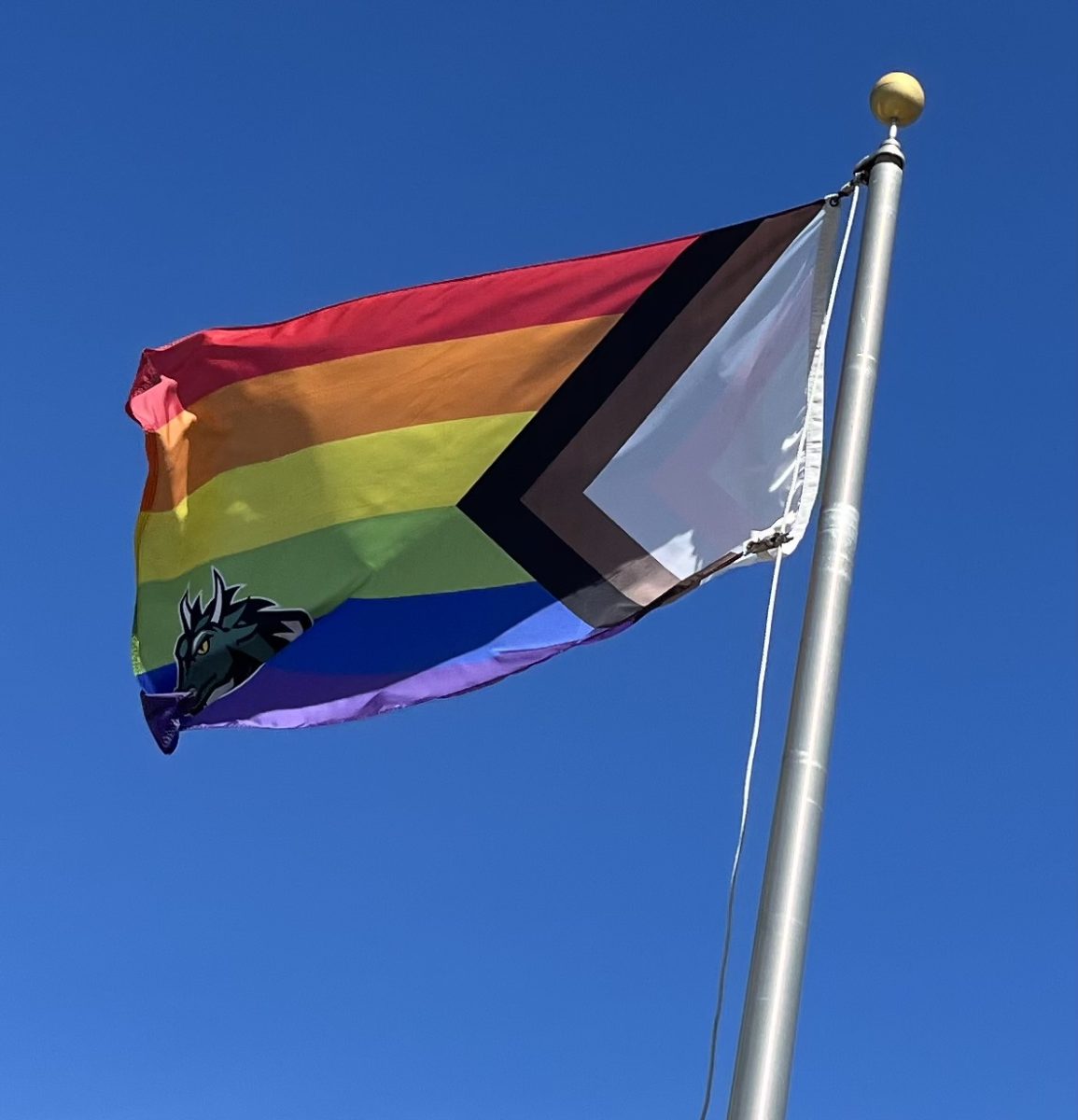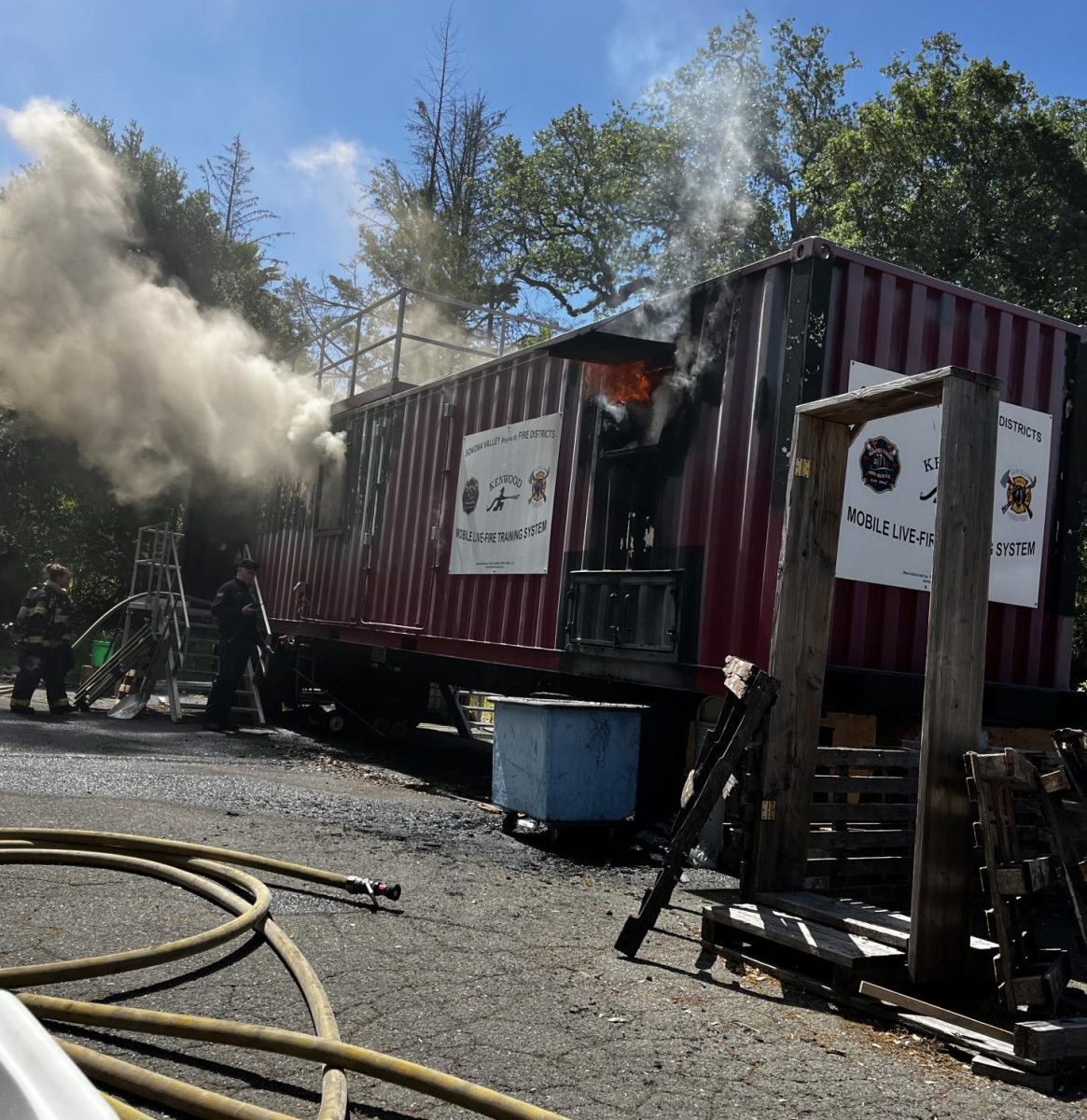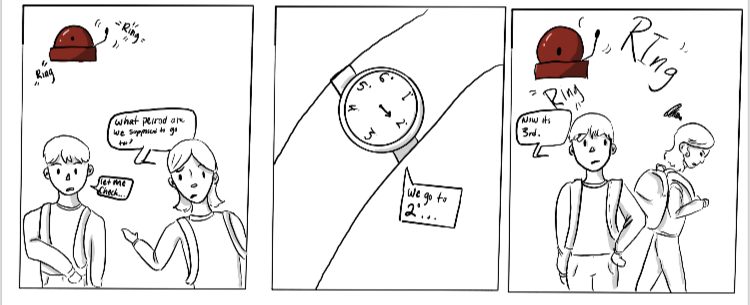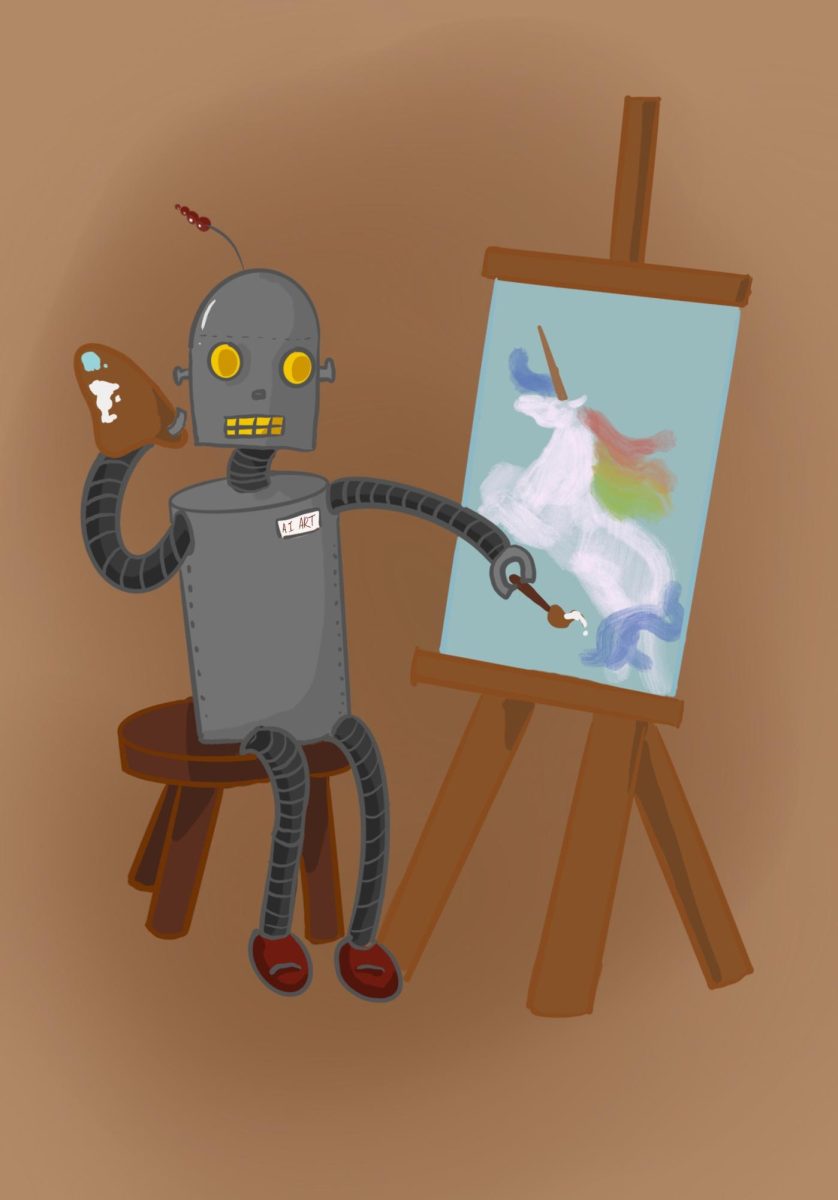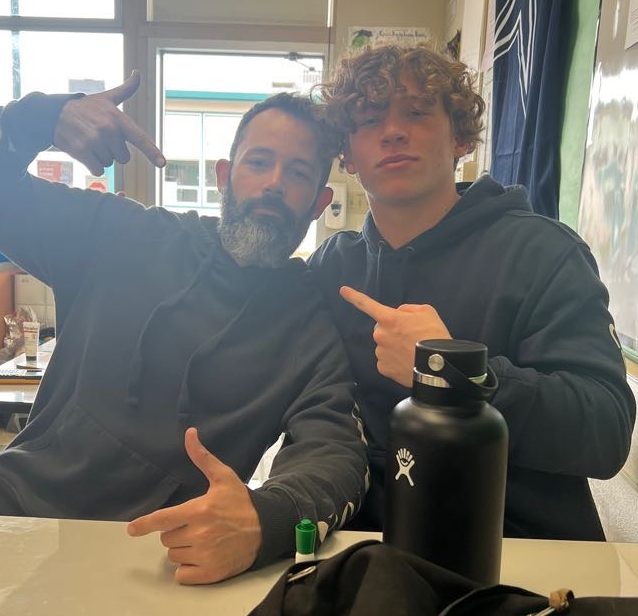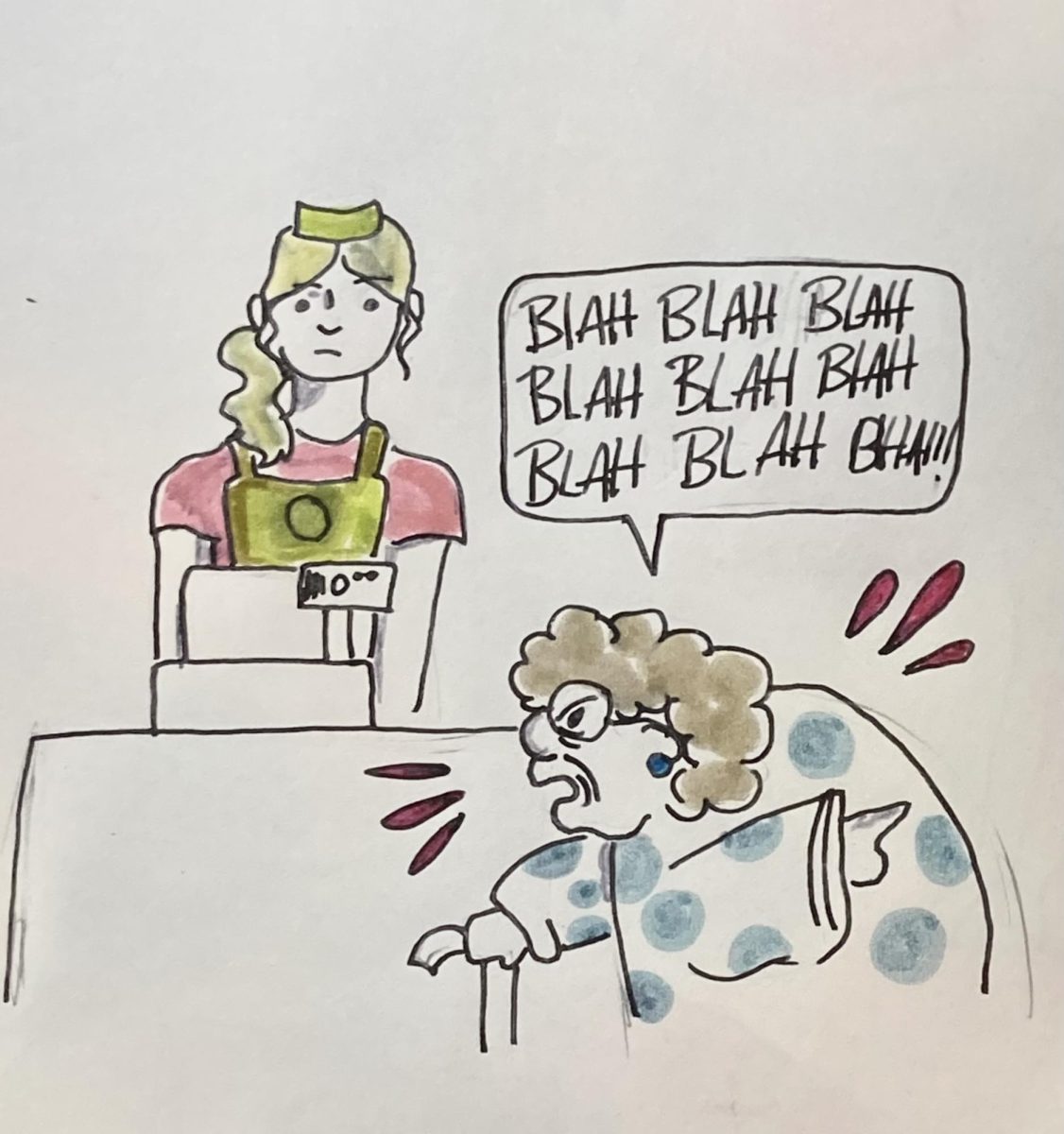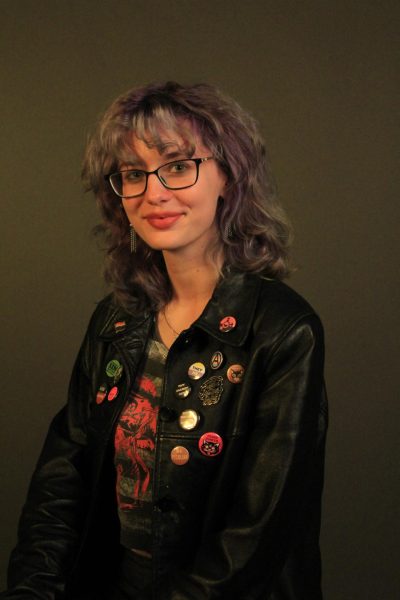In this article, the terms ‘queer’ and ‘LGBTQ+’ will be used interchangeably.
In California, schools must abide by the ED code, protecting students from being discriminated against on campus. According to SVHS’s anti-discrimination policy listed online:
“Staff who receive notice of hate-motivated behavior or personally observe or reasonably suspect such behavior shall promptly notify the administration and law enforcement, as appropriate. Students demonstrating hate-motivated behavior shall be subject to discipline. In addition, the district shall provide counseling and appropriate sensitivity training and diversity education for students exhibiting hate-motivated behavior. The district shall also provide counseling, guidance and support, as necessary, to those students who are victims of hate-motivated behavior.”
Under Title IX, discrimination against students on the basis of sexual orientation or gender identity is prohibited, making LGBTQ+ students a protected group under federal law. However, SVHS’s discrimination policy, under both state and federal law, has failed to enforce a safe environment for the queer community.
According to UCLA Williams Law Institute, 68% of white queer people face discrimination, while 78% of queer people of color face discrimination. The same UCLA research finds that 52% of queer Latinx people experience parental conflict compared to 13% of non-queer Latinx people. With 60% of SVHS students being Hispanic, it is especially crucial to acknowledge that queer Latinx people face the highest rate of parental conflict within the queer community.
One gay Latinx freshman remembers his turbulent experience coming out to his parents. “My dad… he just cried.” He shares that to this day his father “just lies to himself thinking [his son is] straight… he just lies to himself.” However, his mother is very accepting of him and his self-expression. “I’m out there with my whole makeup out.”
In light of this disparity between LGBTQ+ and non-LGBTQ+ people, queer students are more at risk of facing discrimination and conflict inside and outside of school. SVHS administration is ignorant to the factors—primarily race, class, religion, and gender–-that contribute to differing outcomes within the queer community.
SVHS claims that “staff who…personally observe…hate-motivated behavior” should “promptly notify the administration” and “provide counseling and appropriate sensitivity training and diversity education for students exhibiting hate-motivated behavior.” However, each interviewed student has mentioned regularly hearing homophobic slurs on campus. As one anonymous student corroborated, “all LGBTQ+ people have to become desensitized to the word to survive on this campus.”
The same anonymous interviewee recalls one instance of a student yelling f***** in the hallway. The source claims that a vice principal was in earshot of the discriminatory language, and responded with an unsatisfactory ‘Watch your language please.’ Another student referred to the frequency of homophobic language stating, “It’s really not a secret that people throw out slurs in the hallways. There is at least one vice principal every passing period in the hallways… you’re going to hear them.”
Evidently, SVHS administrators are witnessing hate-motivated behavior that necessitates an administrative response in line with the ED Code. Their apparent failure to enforce consequences emboldens students to use the derogatory term freely.
Administrative inadequacies harm the LGBTQ+ community beyond their ineptitude in monitoring hate speech on campus, but also in their demonstrated racial prejudice. A queer Latinx student spoke of the frequent racial profiling he’s subject to by administrators. He recalls being “called… into the office” after administrators mistook him for another Latinx student because, in the administrator’s words, they were “wearing the exact same clothes.” He claims this same occurrence has happened to him twice. Because he has been called into the office twice due to racial bias, he does not feel confident that the admin would adequately address the homophobia he experiences.
The issue of bystanding persists as Victoria Hernandez, student voice, affirms through her experience running for slate. She remembers wearing a pride flag around her shoulders as she stepped out of Golton Hall and being called a homophobic slur and told “burn that s***, take it down.” She recalls there being “bystanders everywhere” but “not a single person stepped in or said anything.”
Beyond facing external discrimination, the LGBTQ+ community of SVHS lacks Black, Brown and Asian (POC) representation. As one Black queer student explains, “the only representation [she] see[s]” on campus “is for the majority of the minority,” referring to the white queer population. Students who are already subjected to discrimination by their school do not want to be targeted by being open about another sensitive layer of their identity. Despite the majority of openly gay students on campus being white, she knows “there are more people of color who are gay” but who feel uncomfortable being out. She attributes other students assuming she is straight to the lack of visibility for queer students of color, stating, “People don’t usually look at me and think that I’m bi[sexual]… because I am Black.”
As the district’s lead social worker and head of the SVHS and Altimira Wellness Centers, Camille Garcia offers a distinct look into the social issues afflicting campus culture. One of the most invisible yet targeted populations on campus are transgender and non-binary students. She notes that while the center doesn’t “get many referrals for gender identity issues” she believes the issue lies in a schoolwide failure to “screen and support [the] queer population.”
Sam Potter is a non-binary social work intern for the Wellness Center. Working with both students and administrators, they offer a distinct look into the state of acceptance of gender identities outside of the heteronormative between both staff and students. They emphasize the importance of adults in the queer community being as visible as possible, explaining that it’s “something [they] didn’t get to experience” growing up, and they “want [it] for younger people.”
Over 503 federal anti-trans bills were proposed in 2023 and 85 were passed. Anti-trans violence has been on the rise, most recently with the murder of Nex Benedict, a young nonbinary student in Owasso, Oklahoma, who died after being physically beaten by two students and denied emergency care by their high school. As one religious genderqueer student confides, “there are different types of homophobia within the religious community” and even seemingly LGBTQ+ supportive religious groups “still consider that you have to change your ways.” These attitudes contribute to the overarching political suppression of LGBTQ+ people informed by evangelist right-wing political ideology. “There is wishy-washy lukewarm ‘hate the sin not the sinner,’ and even if someone seems affirming I have to keep my guard up.”
Considering the state of trans safety in our country, Sam Potter emphasizes the importance of seeing “trans or non-binary adults[s] living… existing… and being happy,” defying the stereotype that “queer trans people are unhappy, or just aren’t alive at this point in life.” Being a visibly queer staff member is their way of proving “that’s not true,” although “it’s still scary” to be LGBTQ+ in schools. Queer adult visibility is becoming increasingly important in the rise of conservative extremism.
Another factor contributing to disparities within the queer community is the influence of patriarchal gender norms. Camille Garcia notes that gay women find it easier to “speak freely” about their identities. She attributes this to a difference in stigmas between gay men and women. A previously mentioned gay male student believes “toxic masculinity” to be the root of the stigma surrounding closeted gay men, observing that they may feel “scared of their friends” and what their friends “are saying.” Victoria Hernandez, adds that homophobic students “can say whatever they want, but their closeted friends who surround them will remember.”
While gay women may experience more acceptance within their social circles, they are subject to frequent fetishization -or sexualization- at the hands of heterosexual men. A female bisexual student recalls some of her male friends placing a bet that her close friendship with a queer student would turn sexual. She noted feeling uncomfortable when her identity was subject to intrusive speculation and objectification.
Garcia cites a lack of acceptance for queer “male-identifying students” among adults and youth, though she notes youth being generally more supportive than adults “in every way.” The previously mentioned gay Latinx freshman finds resilience in his identity. In response to being called f***** on campus he says, “I’m gay, what about it?” He offers a positive outlook on the future of queer acceptance at SVHS, believing that underclassmen are more accepting of each other. “People just get each other. Everyone’s… there for each other.” As new generations of students filter through SVHS, the levels of tolerance and acceptance of the LGBTQ+ community continue on this positive trajectory.
